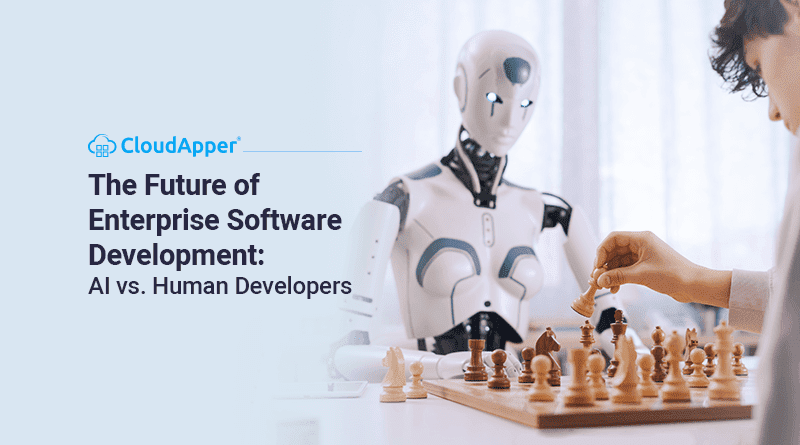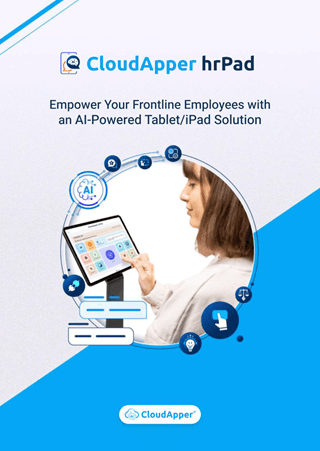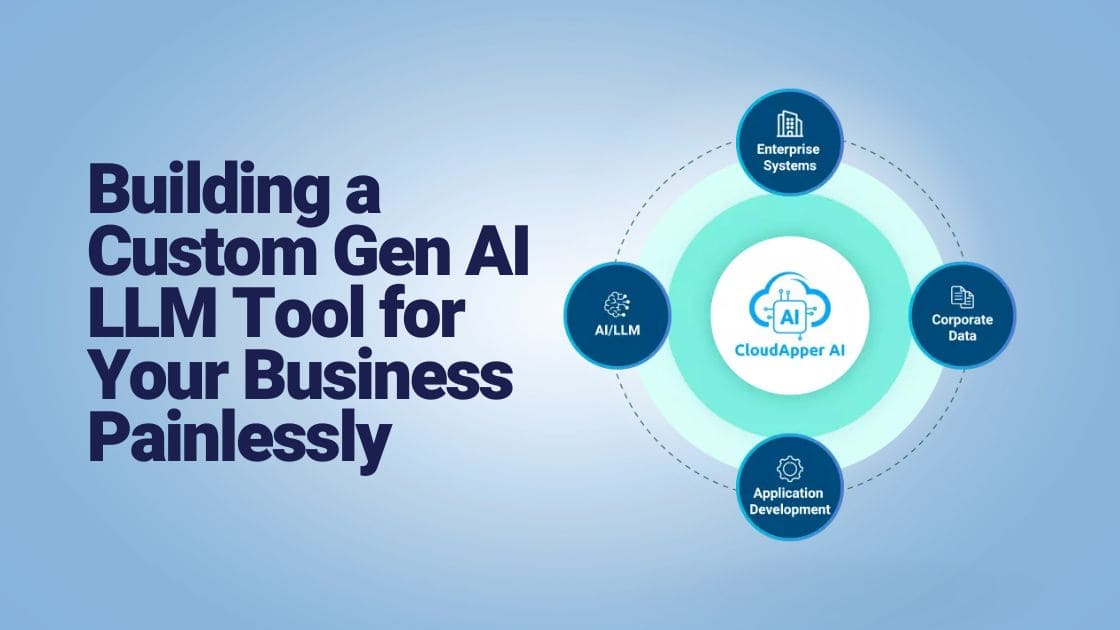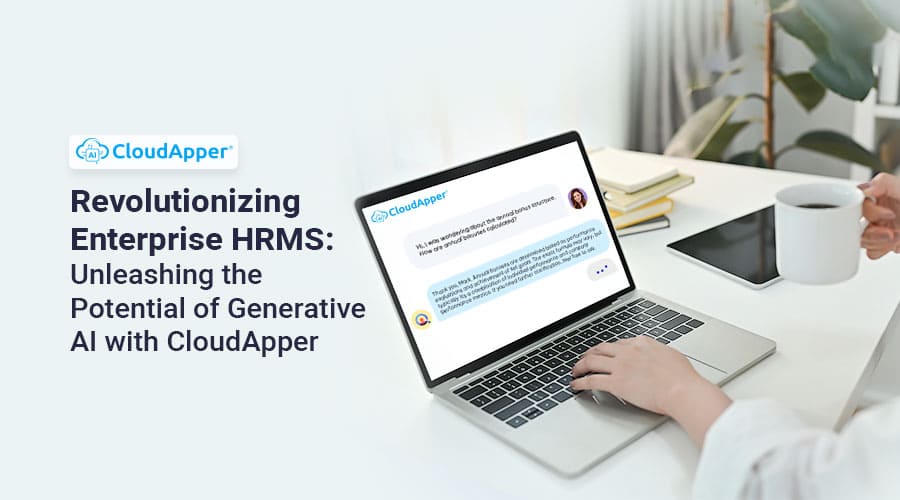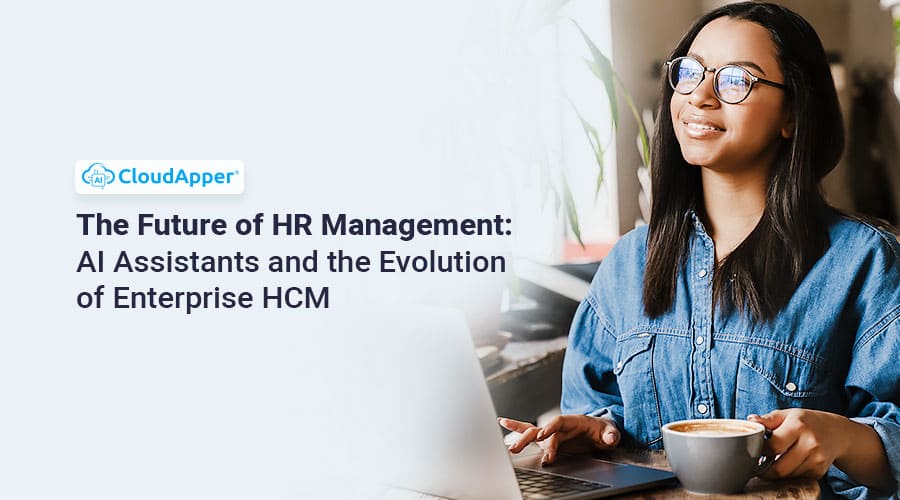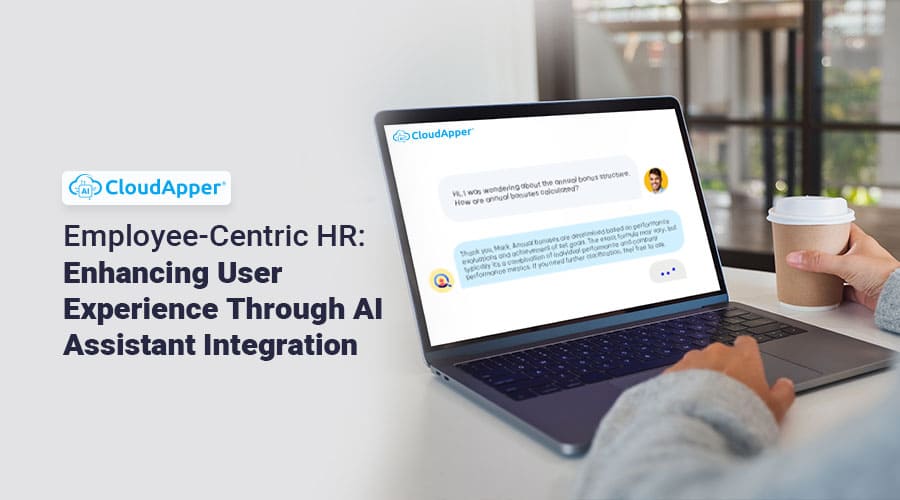Folks, the planet is undergoing profound change. And this is made abundantly clear wherever one looks, but nowhere more so than in the field of software development. The traditional techniques of app production place a significant emphasis on the work of human developers; nevertheless, recent developments in artificial intelligence have made it possible to explore additional avenues. Let’s compare and contrast two competing approaches to the creation of enterprise software: artificial intelligence and human developers.
To begin, let’s lay out some data and statistics for everyone to see. Did you know that it is anticipated that the worldwide market for artificial intelligence would be worth more than $126 billion by the year 2025? That’s a lot of cash right there! And that’s not even the craziest part: it’s anticipated that the usage of artificial intelligence in app development will expand by a factor of 300 by the year 2024. So, it is reasonable to assume that AI will not be disappearing any time soon. But what does this imply for the human software developers?
Well, for starters, using AI to drive software development can help alleviate some of the issues that are faced by human developers. This is only the beginning. Consider the design of softwares as an example. Developing an interface that is intuitive for users can take a lot of effort and calls for a certain amount of technical know-how. Nevertheless, with the help of AI, the process of developing UI components and forms can be automated, which may considerably cut down on the amount of time and money required for app development. In addition, AI may assist in testing applications for bugs and other issues, helping to ensure that the application is both functional and easy to use.
But hold on, there’s much more to it! One of the most notable benefits associated with AI-driven software development is the capacity to construct custom solutions that are specifically adapted to meet the requirements of a certain organization. For instance, by utilizing CloudApper AI, businesses are able to use the drag-and-drop editor of the platform to construct custom forms without needing to have sophisticated coding skills. In addition to these functionalities, the platform also provides tools for the creation of processes, the ability to scan barcodes and NFC tags, as well as geofencing. Because of this, businesses now have the ability to develop custom software solutions that meet the specific needs of their operations; as a consequence, these businesses enjoy better levels of productivity and improved relationships with their customers.
Using AI while developing mobile applications does come with its fair share of obstacles. To start, there is the monetary investment. Creating a software that is powered by AI might be prohibitively expensive, and not all businesses have the financial means to invest in this technology. There is also the issue of competence to take into consideration. A certain degree of technical understanding is required to design a software that is powered by AI, and not all developers are equipped with this level of knowledge.
Now, here’s the thing: the advantages of using AI to drive software development much exceed the disadvantages. Because there is a growing need for business applications, organizations need to identify methods that are both more efficient and less expensive for developing softwares. And here is where CloudApper’s artificial intelligence comes into play. Without having to rely entirely on human developers, organizations will be able to construct enterprise software more rapidly and efficiently thanks to the platform’s strong AI-driven solution that is included in it. It is simple to develop enterprise grade software with sophisticated analytics dashboard using the help of the platform’s user-friendly interface. This helps to ensure that the software is satisfying the intelligence requirements of the business and providing a satisfying experience for its users.
So, what’s the verdict? Will artificial intelligence eventually supplant human engineers in the process of creating enterprise software? Almost certainly not. There will always be a demand for human developers’ skills, and they will always have a part to play in the development process. Software development may, however, become far quicker, more productive, and more cost-effective with the assistance of AI. And it is an idea that each and every one of us can rally around.
In summing up, the horizon for enterprise software development seems bright, and AI will undoubtedly play a big role in the years to come. With CloudApper AI, businesses are able to not only reap the benefits of AI-driven software development but also build custom software solutions to address the specific requirements of their operations. So, tell me, what exactly are you anticipating? Get on board with the future of software development and start exploring the possibilities today with CloudApper!

